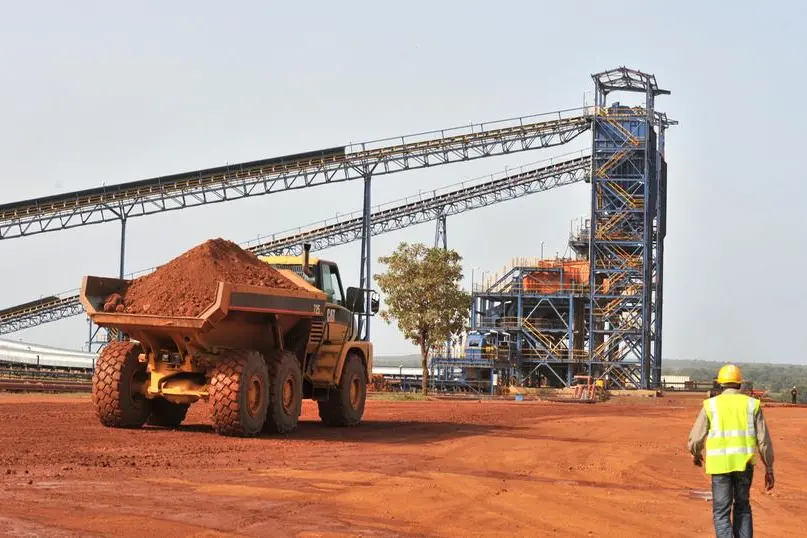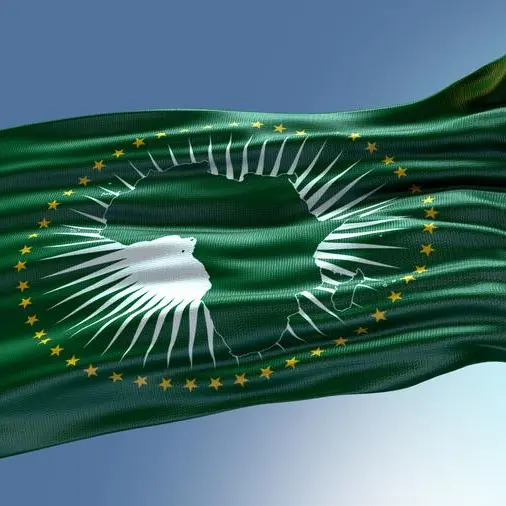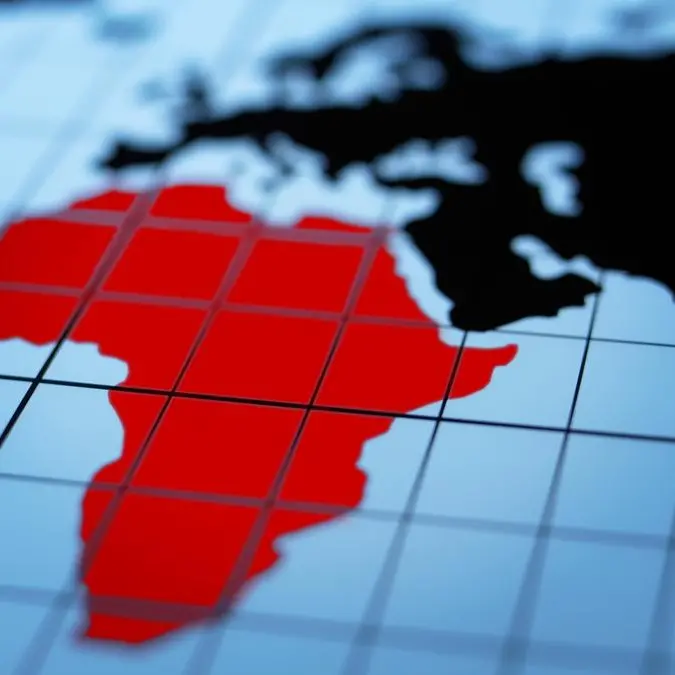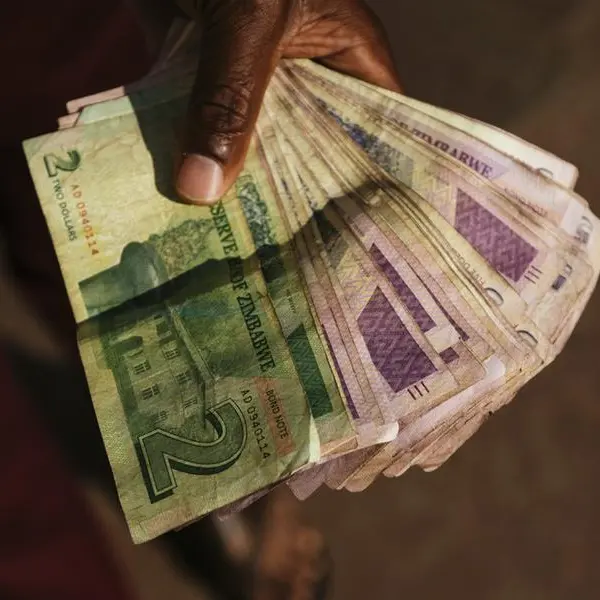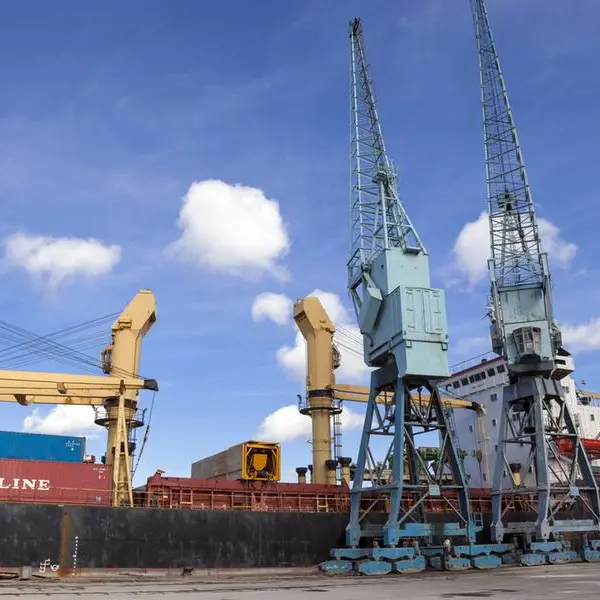PHOTO
ABIDJAN: Ivory Coast, the world's biggest cocoa producer, could take measures to make the product more expensive if tariffs proposed by U.S. President Donald Trump go into effect, the West African country's agriculture minister said on Thursday.
The Trump administration last week announced tariffs of 21%, the highest in West Africa, on Ivory Coast as part of higher targeted duties on dozens of countries. On Wednesday Trump announced he was pausing them for 90 days.
Speaking to reporters in Abidjan on Thursday, Agriculture Minister Kobenan Kouassi Adjoumani said his country wanted Washington to reconsider the tariffs.
"When you tax our product that we export to your country, we will increase the price of cocoa and that will have a repercussion on the price to the consumer," Kouassi said.
It was not immediately clear what specific measures Kouassi was referring to. Ivory Coast does not have the ability to set the price for cocoa, which is determined by the global market.
However, the country could raise export taxes on cocoa to earn more revenue, which would make the product more expensive for consumers.
"It's the end consumer who will be harmed," Kouassi said.
Ivory Coast exports between 200,000 and 300,000 metric tons of cocoa to the U.S. each year, according to data from the Coffee and Cocoa Council (CCC).
Kouassi also said Ivory Coast would seek stronger ties with the European Union to ensure that "if our products are not accepted in the United States, the EU can recover all of them." (Reporting by Ange Aboa; Writing by Anait; Editing by Robbie Corey-Boulet and Sandra Maler)
